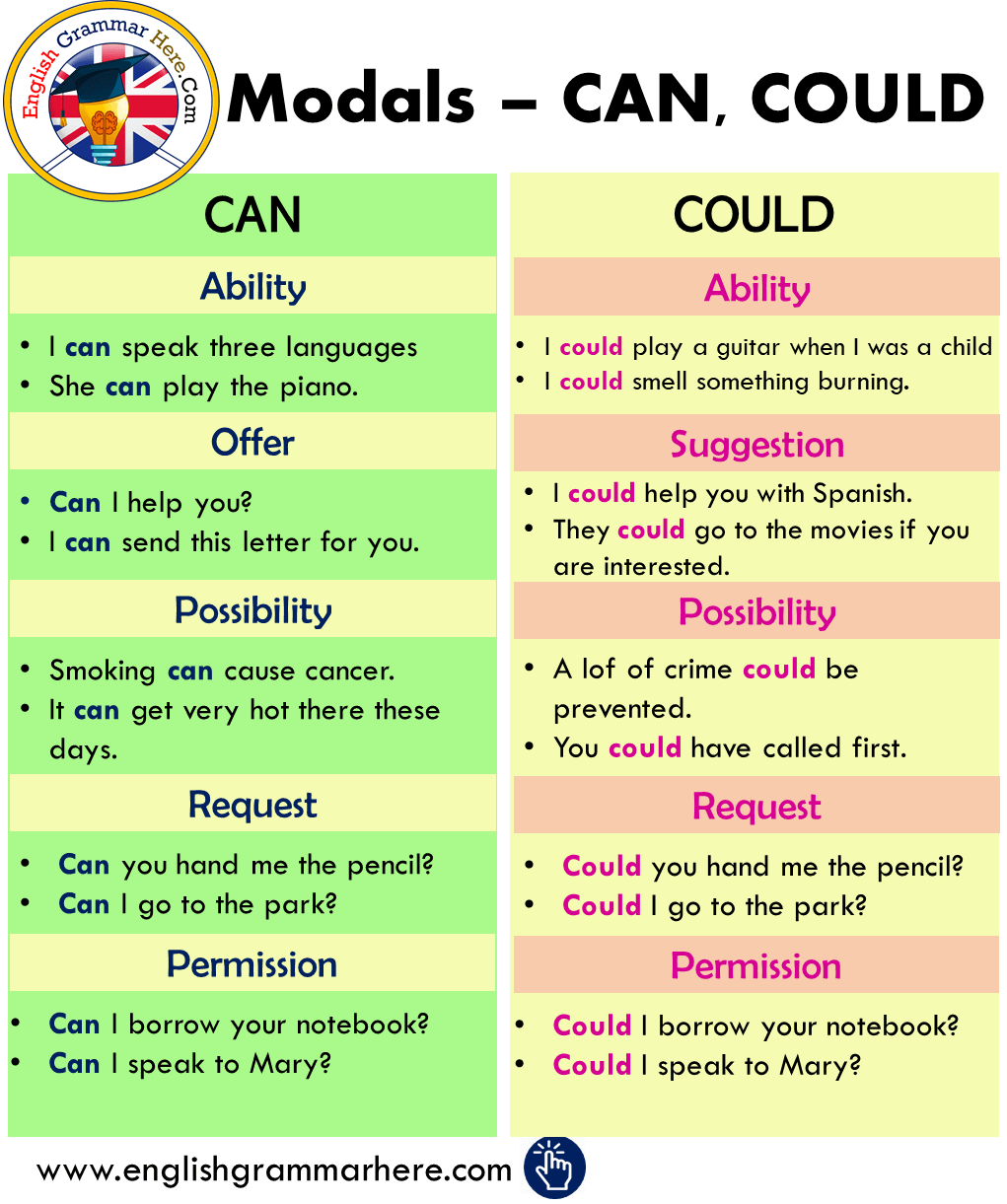

In fact, they are the third most widely used verb structure after present simple and past simple tense.

General use: Research examining multiple papers reveals that modal verbs are commonly used in academic writing. (=managed to do something)ĢSee the handout “Active and Passive Voice” for more information on this topic. Passive voice 2: modal + be + Past Participle (e.g., could be explained)Īction in progress now: modal + be + ing (e.g., may be working)Īction in progress in the past: modal + have been + ing (e.g., might have been studying)ġ Can has two forms when used to express ability in the past:ġ) could - for the action happening over a period of time: I could swim fast when I was a child.Ģ) was able to - if it was a single past action: I was able to submit the English paper on time. Past time 1: modal + have + Past Participle (e.g., may have submitted) In addition to the simple form of modals, there are also other forms to express: Modals are a special type of verbs they are followed by the base form of verbs (e.g. As an example, the modals below are ranked according to the degree of certainty/probability: Although generally modals with the same meaning can be used interchangeably, they express a slightly different degree of their meaning. It must have many booksĪs the table shows, modals may have several meanings, and the same meaning can be expressed by different modals (e.g., may and can both express permission). Would you send your slides before the class?įuture policies should address this issue. You could examine this issue in more detail. They can start working on this issue now. The importance of the effects may differ. This additional meaning may connote possibility, ability, and permission among others: Modals, words like might, may, can, could, will, would, must, and should are helping verbs that add shades of meaning or “flavor” to the verbs that follow them.

Using Reduced Relative Clauses to Write Concisely.The Three Common Tenses Used in Academic Writing.Same Form, but Different Functions: Various Meanings of Verb+ing and Verb+ed.Reducing Informality in Academic Writing.Improving Cohesion: The "Known/New Contract".Combining Clauses to Avoid Comma Splices, Run-ons, and Fragments.Choosing Between Infinitive and Gerund: “To do” or “doing”?.


 0 kommentar(er)
0 kommentar(er)
